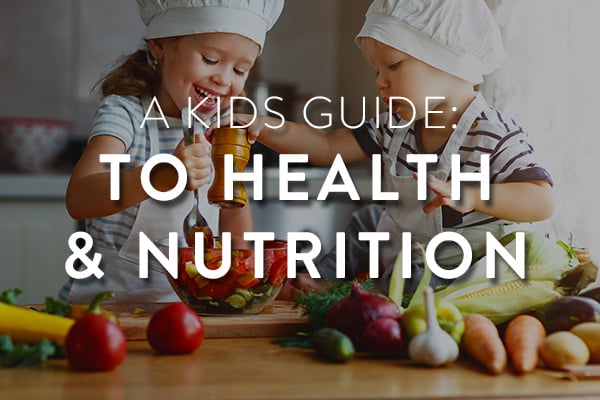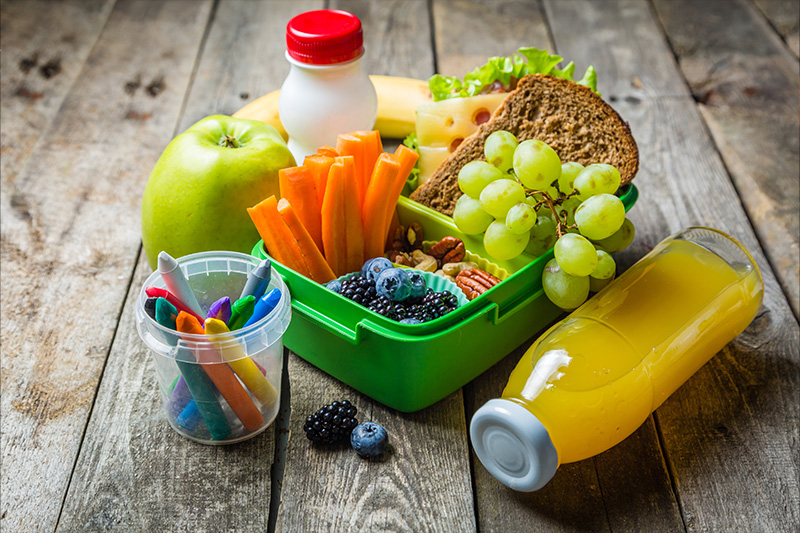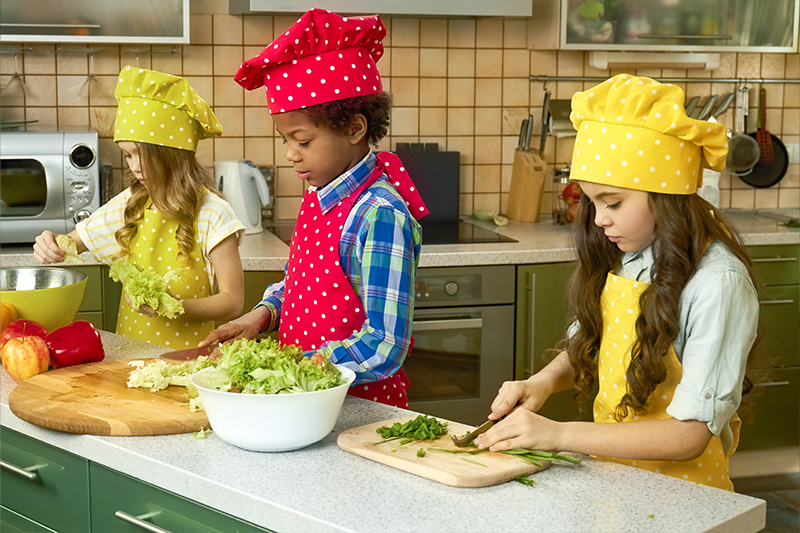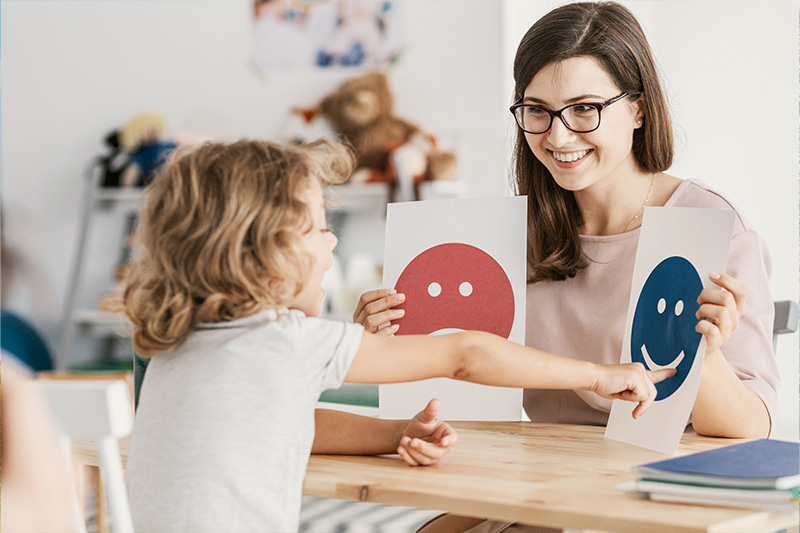
There’s a lot of talk in the media, in schools, and in homes about healthy living. After all, everyone only gets one body, so it’s important to take care of those bodies. Understanding health and nutrition can help people of any age to make better choices and learn good habits. For example, it’s very important that everyone understand the basics of nutrition so that they are more likely to choose nutrient-rich foods to keep their bodies running. Cooking healthy meals is an important part of living a healthy life, but so are other things you can do to take care of yourself, like making sure that you get enough exercise and protecting your mental health. It’s also important to remember that being healthy is about balance: You shouldn’t exercise all the time, for instance, and having a brownie once in a while instead of fruit isn’t going to kill you.
Nutrition Basics

The nutritional needs of kids and adults aren’t that different. No matter how old you are, you need a healthy mix of fat, carbohydrates, and protein in your diet. Everyone needs vitamins and minerals, and it’s better if these nutrients come from the food you eat instead of from taking vitamins. However, people do have different energy and nutrient needs depending on their age and activity level. Little kids need lots of calcium to build strong bones. Teenagers who play sports need more calories than a 7-year-old who doesn’t play sports. If the whole family focuses on cooking nutrient-rich, minimally processed food, then everyone should get what they need!
Cooking With Kids

One way to make learning about healthy food fun is to get cooking yourself. When kids cook their own food, they’re more willing to eat what they’ve made: You might just discover a new favorite food when you make your own meals! Kids who cook are also more confident, and cooking can help you do better in school, too. Cooking uses your reading and math skills and can teach you a bit about science, too. Learning to cook also includes things like planning meals, making a budget, and shopping for ingredients. Knowing how to do all of these things can help kids be prepared to take care of themselves and keep themselves healthy as adults.
Get Moving

Some kids love organized sports, while other kids don’t share that feeling. But no matter how much you like sports, you still need to get exercise to keep your body healthy. Exercise can also help to build a healthy brain. Research has shown that kids who get plenty of exercise build better brain structures than kids who don’t. The important thing is to find a kind of exercise that you like. Whatever gets you moving can help you to be healthy, whether it’s playing basketball, taking a walk with your family, dancing around the kitchen while you’re cooking, or running around on the playground with friends.
Mental Health

Your brain is part of your body, and it’s important to take care of your mind, too. Mental health isn’t just about people who have mental illnesses; everybody needs to think about ways to be mentally healthy, whether that means learning to get along with friends, knowing how to handle anger and frustration, or finding ways to organize your schedule so you can do everything you want and need to do without being overwhelmed. Kids can and do have mental health issues, though. Common ones include ADHD, depression, anxiety, and behavior disorders. Mental health issues in kids often first appear as problems with regulating emotions and classroom behavior.
Balanced Lifestyle

Almost everyone is overscheduled these days, and kids are just as likely to be managing an intense schedule as adults. Kids usually love participating in organized sports, school clubs, or other activities, but overscheduling can lead to very stressed-out kids. You need a balanced lifestyle, and that means taking some time to play and relax. It’s important to learn to set priorities and leave yourself some downtime. Balance is good in the rest of your life, too. For instance, you should get plenty of exercise, but you should also spend some time resting. And you should eat healthy food, but having an unhealthy treat every once in a while is fine.
- Kids’ Healthy Eating Plate
- MyPlate Food Guide
- Nutrition for Kids: Guidelines for a Healthy Diet
- Nutrition Facts: Cool Tips for Kids
- Nutrition Facts for Kids
- Teaching Kids to Cook
- The Best Recipes for Teaching Kids How to Cook
- A Guide to Cookery Skills by Age
- How to Teach Your Kids to Cook
- Montessori Food Preparation and Cooking Inspiration
- Outdoor Kitchens for Cooking With Kids
- Eight Easy and Fun Exercises to Get Your Kids Moving, According to a Pediatrician
- Kids’ Exercise Videos to Help Keep Your Family Moving (and Sane)
- What Is Children’s Mental Health?
- How to Talk to Your Child About Their Mental Health
- The Importance of Life Balance for Kids
- What’s Good Balance?
